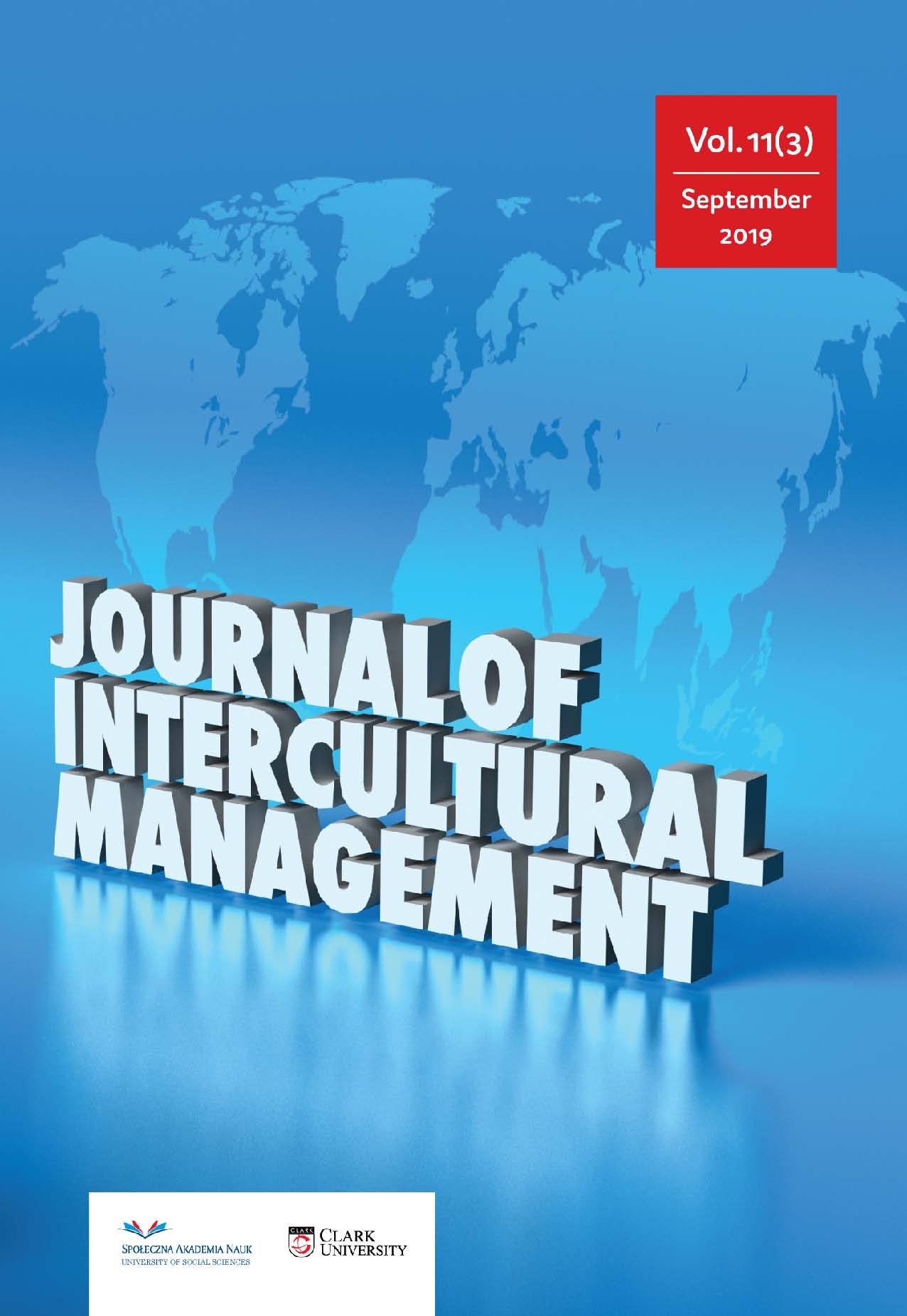Relations of University Values and Competences of University Teachers
Relations of University Values and Competences of University Teachers
Author(s): Martina Blašková, Dominika Tumová, Rudolf BlaškoSubject(s): Education
Published by: Społeczna Akademia Nauk
Keywords: university; university teachers; values; competences; students; survey
Summary/Abstract: Objective: The paper deals with the theoretical and empirical examination of university values in relation to key competences of university teachers. The combination of values that universities should prioritize and the competences that university teachers should possess is seen inthe paper as an important precondition for improving the quality and acceleration of modern university progress. The theoretical part analyzes, compares and synthesizes opinions on key terms examined in the paper, i.e. higher education, university, values, and competences. The empirical part presents, on the one hand, the results of the questionnaire survey aimed at defining important university values. The survey was carried out on a sample of n = 279 students of the University of Žilina, Slovak Republic, and obtained 1,786 statements on crucial values orsub-values of the university. On the other hand, based on results of the previous survey (n = 27 university teachers) which was targeted on key competences of the great university teachers, the empirical part seeks to experimentally link university key values with teachers’ key competences. Methodology: Analysis, synthesis, comparison, abstraction, questionnaire survey, thinking experiment. Hypothesis H1: University values defined by students will be repeated in the survey,i.e. student views on the core values of university will be identical or similar in content. Negationhypothesis H0: University values defined by students will not be repeated in the survey. Findings: Respondents reported a total of n0 = 1,786 statements regarding the university valuesor sub-values. A substantial consensus was found: many of values were repeated for respondents. Defined values were subsequently grouped: from the initially defined n1 = 229 values, n2= 32 complex values were generated. This leads to a rejection of H0, in favor of H1: the universityvalues generated by students are similar in the content.The results in the evaluative question confirmed the assumption that respondents considered most important mostly those values that the previous open question most frequently reported. Although depending on the study program is always the quality of education in the first placeof importance, the order of importance of other values varies to some extent. Value Added: Opinions on university teachers’ competences and university’s values were discussed. Experimental linking of university values to competences of teachers was performed based on the survey results conducted by the authors in 2012 (this one consisted of three sequential interviews/workshops with teachers of University of Žilina). A logical conclusion was formulated: All the university teachers and scientists are becoming authorities competent to build, preserve and transform universal knowledge into an ever-higher level. Recommendations: A conclusion of the paper contains the characteristics recommended for achieve an effective process of developing university competences.
Journal: Journal of Intercultural Management
- Issue Year: 11/2019
- Issue No: 3
- Page Range: 134-157
- Page Count: 24
- Language: English

